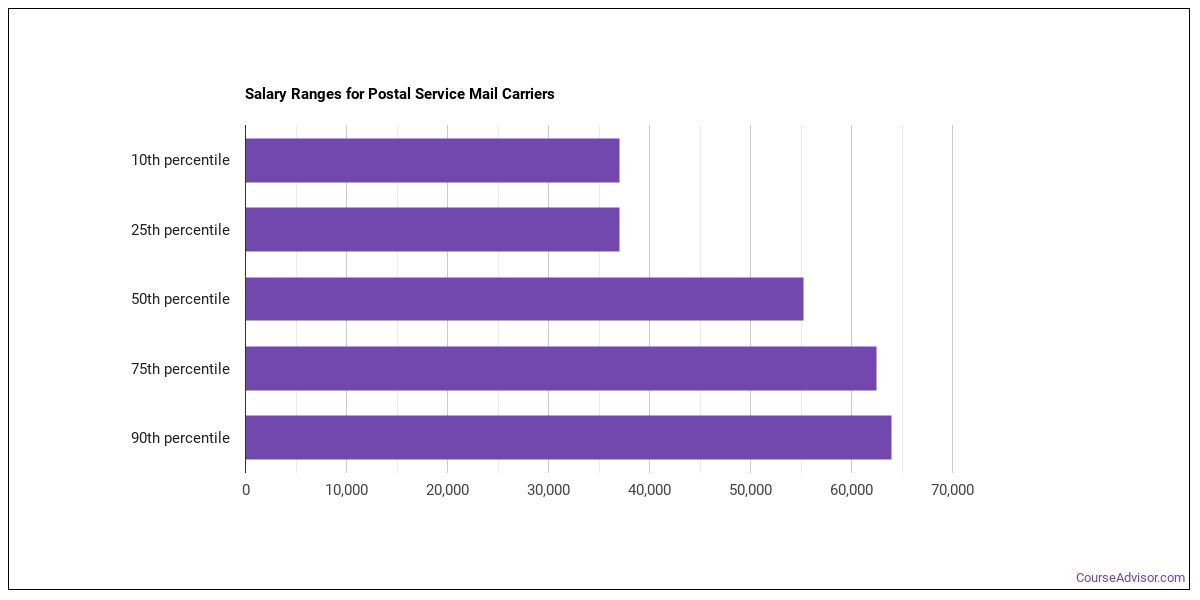

Pension is payable up to and including the date of death.Ī Central Government servant has an option to commute a portion of pension, not exceeding 40% of it, into a lump sum payment. Maximum limit on pension is 50% of the highest pay in the Government of India (presently Rs. The amount of pension is 50% of the emoluments or average emoluments whichever is beneficial.

average of the basic pay drawn during the last 10 months of the service) whichever is more beneficial. W.e.f, Pension is calculated with reference to emoluments (i.e.last basic pay) or average emoluments (i.e. In the case of Family Pension the widow is eligible to receive family pension on death of her spouse after completion of one year of continuous service or even before completion of one year if the Government servant had been examined by the appropriate Medical Authority and declared fit for Government service. A Central Government servant retiring in accordance with the Pension Rules is entitled to receive pension on completion of at least 10 years of qualifying service.

Executive-level development is provided through a comprehensive multi-level program designed for those executives meeting certain high-performance criteria.The minimum eligibility period for receipt of pension is 10 years. Career Development & Training The Postal Service offers a learning environment that reinforces success through training initiatives that allow employees to improve basic operational knowledge and gain leadership skills. Holidays The Postal Service observes 10 holidays each year. Annual and sick leave is prorated based on paid hours for part-time employees. In addition, full-time employees earn 4 hours per pay period as insurance against loss of income due to illness or accident. Leave The Postal Service offers generous annual (vacation) and sick leave – 13 days of annual leave per year for the first 3 years, increasing to 20 days per year after 3 years of service, and to 26 days per year after 15 years of service. Commuter Program This program offers tax-free purchase of public transportation and parking, up to IRS maximums, to reduce out-of-pocket costs for employees who choose to participate. The cost of Basic coverage is fully paid by the Postal Service, with the option to purchase additional coverage through payroll deductions. Life Insurance The Postal Service offers coverage through the Federal Employees’ Group Life Insurance (FEGLI) Program. Social Security & Medicare Newly hired postal employees are covered under Social Security and Medicare. Employees contribute to TSP on a tax-deferred basis and may receive automatic and matching contributions (up to 5 percent of pay) from the Postal Service. Thrift Savings Plan Career postal employees may contribute to the Thrift Savings Plan (TSP), which is similar to 401(k) retirement savings plans offered by private sector employers. Eligibility is determined by your age and number of years of creditable service. Retirement The Postal Service participates in the federal retirement program, which provides a defined benefit (pension), as well as disability coverage. Long-Term Care Insurance Employees may enroll in the Federal Long-Term Care Insurance Program (FLTCIP), which insures for the costs of receiving long-term care (e.g., nursing home or assisted living), which typically is not covered by health insurance or Medicare. Tax-free FSA contributions can be used to cover most out-of-pocket health care and dependent care (daycare expenses). Flexible Spending Accounts Career employees may participate in the Flexible Spending Accounts (FSA) Program after one year of service.
#Average postman salary full
While employees pay the full cost, this group insurance offers excellent coverage at rates made even more affordable because premium contributions are not subject to taxes. Dental and Vision Insurance Employees are eligible to participate in the Federal Employees Dental and Vision Insurance Program (FEDVIP). Employee premium contributions are not subject to most taxes, making health insurance even more affordable. There are many plans available, including Fee-For-Service, Health Maintenance Organizations (HMOs) and High Deductible & Consumer-Driven Health Plans. Health Insurance The Postal Service participates in the Federal Employees Health Benefits (FEHB) Program, which provides excellent coverage and flexibility with most of the cost paid by the Postal Service. Compensation In addition to competitive basic pay rates and regular salary increases, depending on the type of job held, most employees may also receive overtime pay, night shift differential, and Sunday premium pay. We offer a competitive compensation and benefits package for Postal Service™ career employees. Security controls for commercial mailers.


 0 kommentar(er)
0 kommentar(er)
